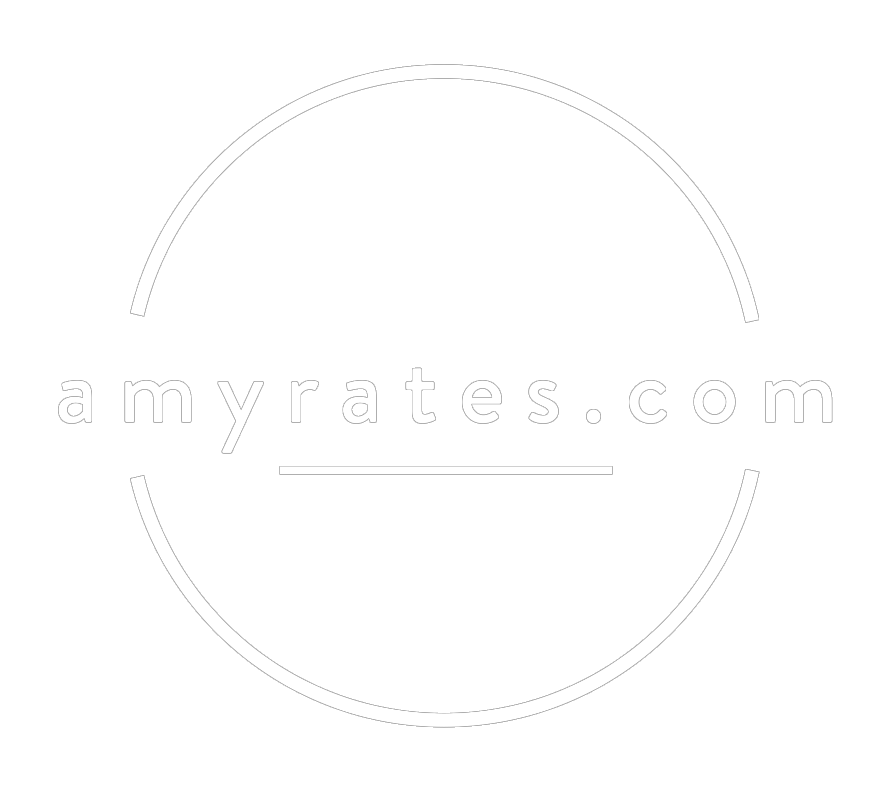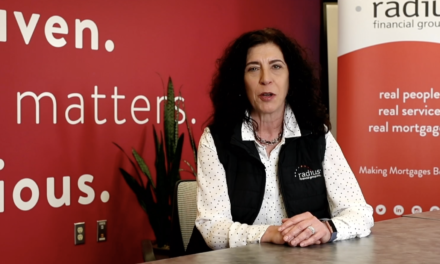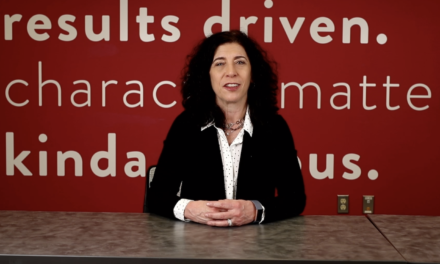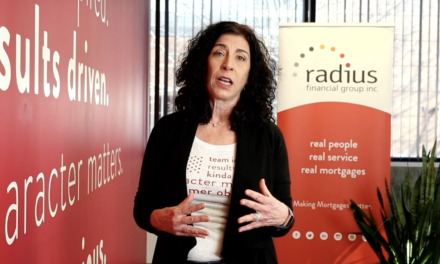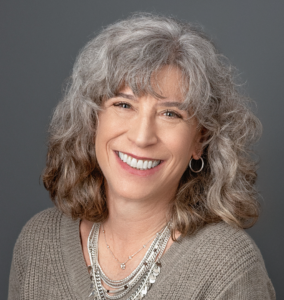Water cooler conversation often turns to real estate during a busy spring market; those conversations then turn to mortgage terms and a conversation about rates. Remember that rates are individual and there are many reasons that one person may get a different rate than another in the same environment.
Here are the 9 major factors that go into calculating a mortgage rate:
- Occupancy of the property. Investment properties and second homes are considered riskier therefore have higher rates.
- Property type. Condominiums and multi families are priced differently than single-family homes.
- Number of units. Two families are priced differently than single families as are 3 and 4 until properties.
- Loan to value. Many people believe that you must have 20% for a down payment in order to purchase today, which is not true. What is true is that the larger the down payment the better the interest rate.
- Credit score. Rates are lower with higher credit scores.
- Lock term. Advertised rates generally illustrate a 30-day lock, the longer the lock term the higher the rate may go, especially for lock terms beyond 60 days.
- Purpose of the loan, purchase, refinance, cash out or rate and term, all of these factors affect the rate offered.
- Loan term. Rates on a 30 year fixed mortgage are higher than those for a shorter duration such as a 10, 15 or 20 year fixed.
- Loan program. This should be obvious, fixed rates are higher than adjustable rates. I have had buyers insist that they were getting a fixed rate when in fact their disclosures indicate an adjustable. Adjustable rate programs are terrific, as long as the consumer knows that they are getting one.
Be smart when shopping for a mortgage, get your information in writing and make sure that you are comparing accurately, when in doubt get a second opinion.
You have love and money on the line when buying real estate, we promise not to break your heart or your bank.
